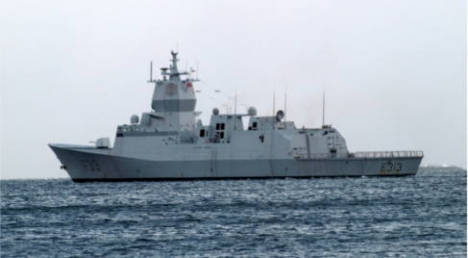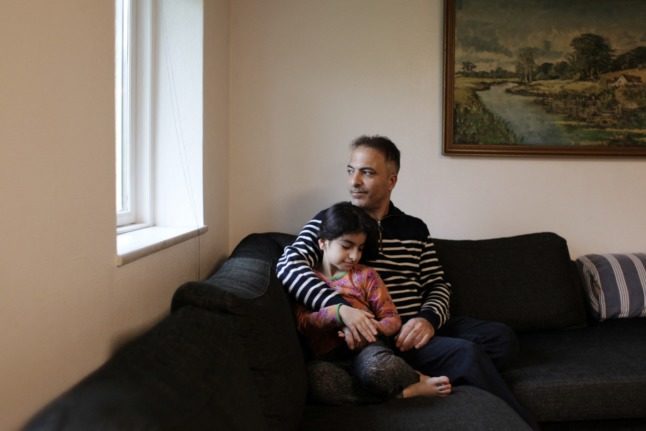SYRIA
Norway and Denmark team up for Syria job
Norway and Denmark have agreed to jointly transport Syria's stockpile of chemical weapons out of the country, after the country offers them up for disposal as part of the deal that prevented US missile strikes against President Bashar al-Assad's regime.
Published: 7 December 2013 00:24 CET

KNM Helge Ingstad - Bjørnar Henningsen
In a joint statement issued on Friday afternoon, the two Scandinavian nations offered to provide naval frigates and specialised cargo vessels to the joint operation between the UN and the Organisation for the Prevention of Chemical Weapons (OPCW)
Denmark will lead the operation, which will pick up the weapons when OPCW inspectors in Syria have finished their work, with Norway acting as deputy commander.
“Removal of these heinous weapons from Syria is a critical task for the international community," Norway's foreign minister Børge Brende said in a joint statement with Denmark's acting foreign minister Rasmus Helveg Petersen. "Our governments have already offered significant assistance to the joint OPCW-UN mission – both military and financially. We are now planning for a joint naval operation to ensure transportation of chemical weapons out of Syria."
Norwegian defence minister Ine Eriksen Søreide said that the two countries' "long experience in maritime operations" and experience of working together fitted them for the role.
Damascus has declared ownership of 1,290 tons of chemical weapons, ingredients and precursors, of which the most dangerous substances, amounting to "hundreds of tons" according to a US official quoted by Reuters, are likely to be transported in the joint mission.
The weapons will be taken to the Syrian port of Latakia, when they will be picked up by the Danish and Norwegian operation and taken to a US vessel out to see, where the chemicals will be transformed into less dangerous substances and then disposed of.
Url copied to clipboard!


 Please whitelist us to continue reading.
Please whitelist us to continue reading.
Member comments